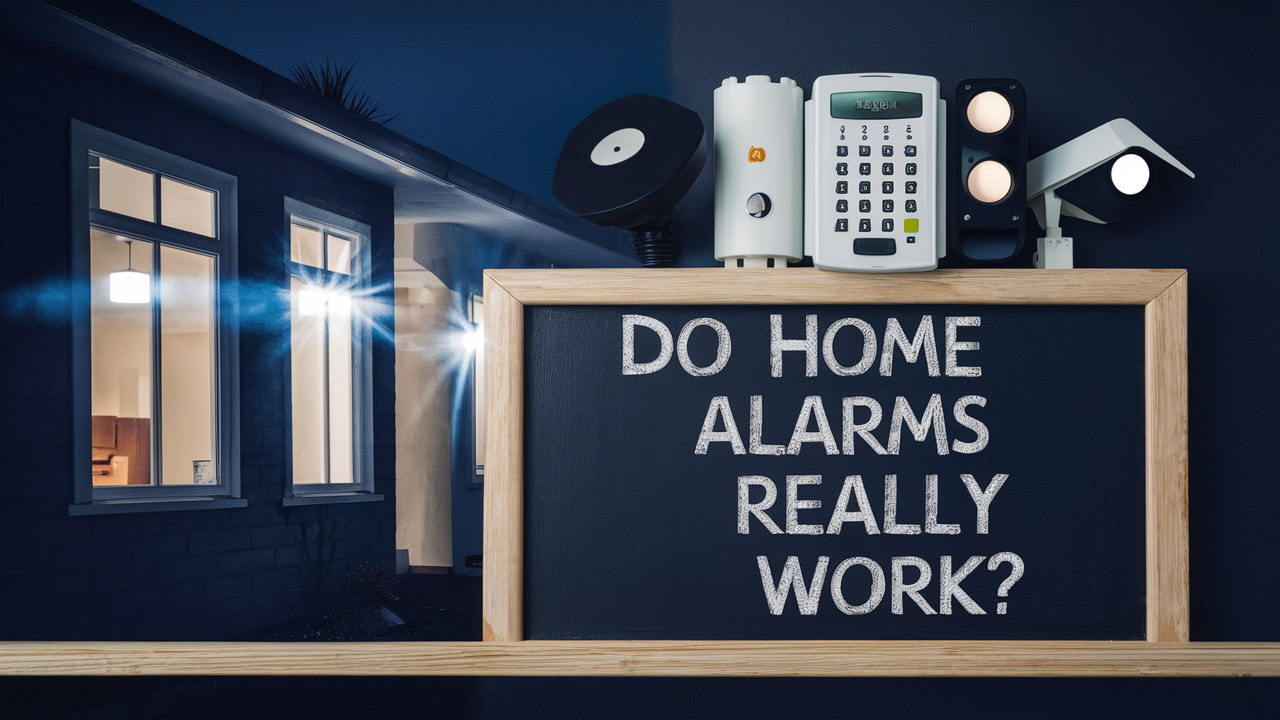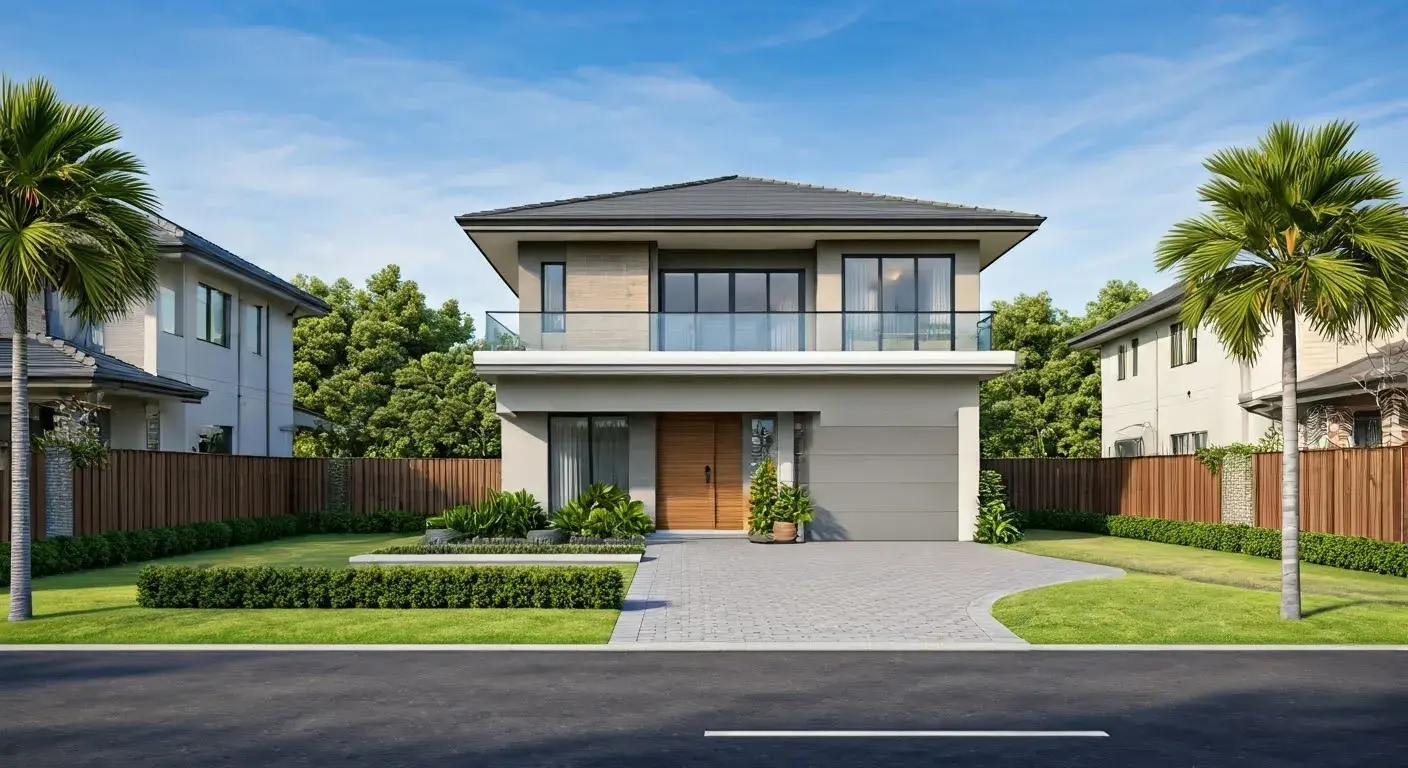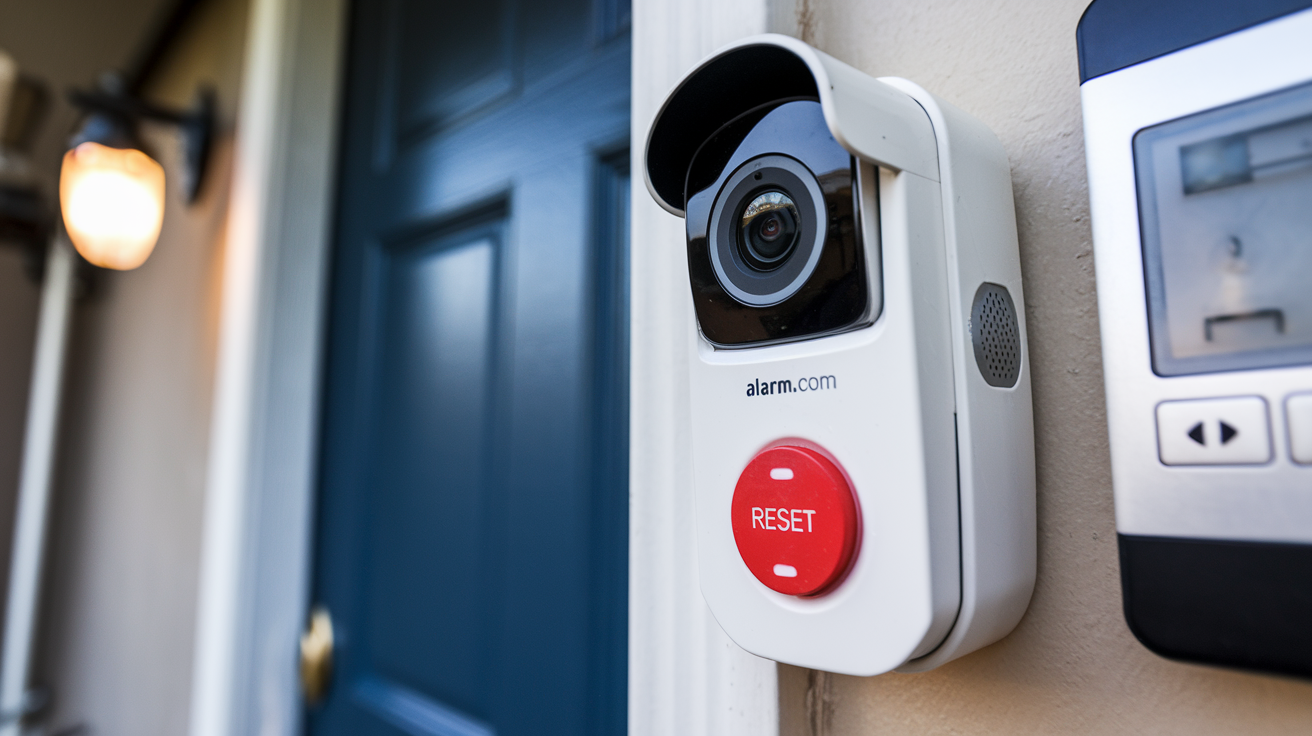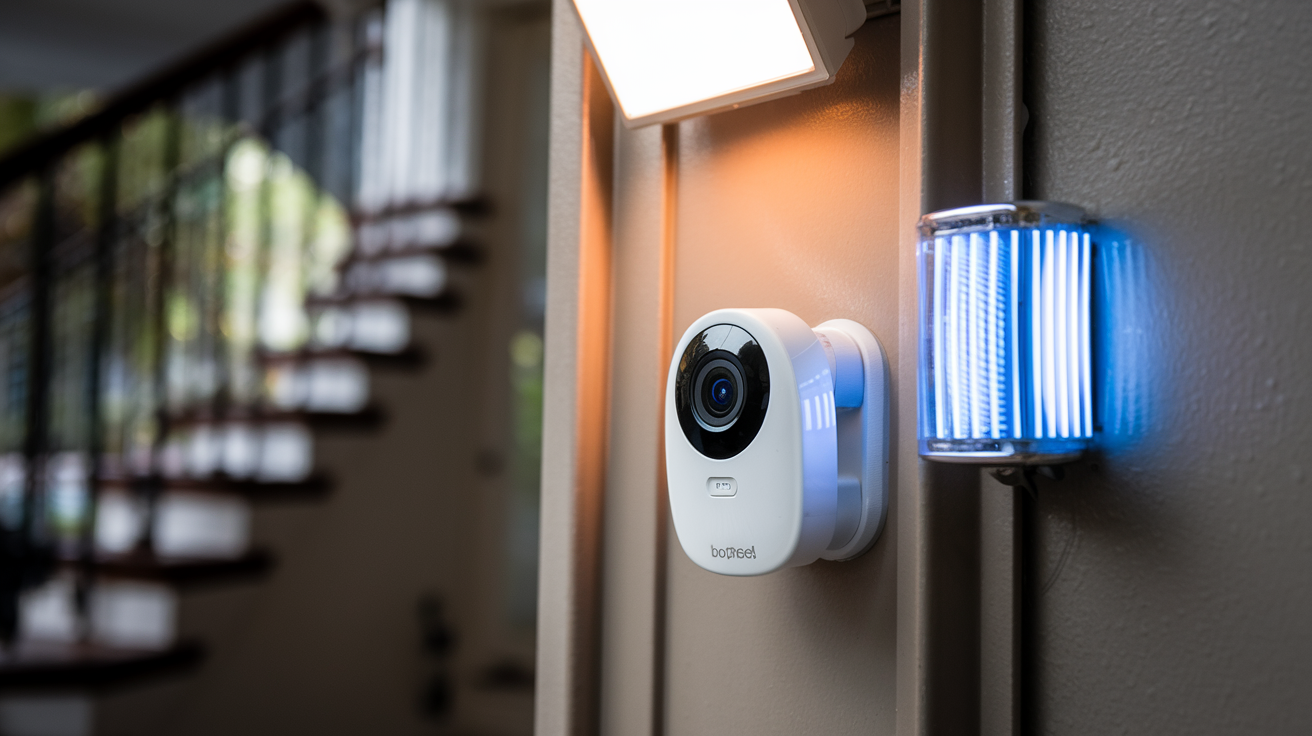In as much as people want to ensure that their homes and their families are safe, then a home alarm system is the perfect solution. But do they assist in preventing burglars and making your house secure? Due to the large number of alternatives available on the market, different types of systems may be confusing and it is unclear which of them is effective. In this article, we will learn more about the effectiveness of home alarms, the kinds of features and options that you have to consider, and how to find a good security company to do business with.
The Short Answer Yes, a monitored home security system is effective in deterring burglaries according to various research Houses without security systems are estimated to be 200-300% more vulnerable to break-ins by thieves. Just the fact that there is a security camera installed in your house discourages burglars because your house is not an easy target. Further, harsh sounds produced by the alarms and the quick reaction from monitoring companies can deter intruders and reduce the extent of loss. Smart home technology of today also empowers homeowners with options for their home security.
However is important to note that home alarms do not guarantee protection against all forms of burglary. It is also worth noting that the most experienced criminals can reconnoiter the designated areas in advance or neutralize security measures. However, it is also advisable to note that burglaries can still take place when the doors and windows are left open. Home security is not a complete defense, but it is still a great way to protect one’s home. The most effective strategy that will help you protect your home is when you use an alarm together with other preventive measures.
The Controversy on the Efficiency of Home Alarms Multiple research studies indicate that a monitored home security system can significantly decrease your risks of a successful burglary attempt:
• A research conducted by the Journal of Quantitative Criminology in 2022 focused on over 6 million home burglaries across numerous states in the U. S. The study determined that males in homes that lacked security systems were at a 47% higher risk of being a victim of a home invasion than those in homes with security systems. Females’ increased vulnerability was felt when they had no home security system; their victimization rate increased by 36 percent.
• A previous study which was conducted in 1997 by Rutgers University involved pairing similar homes across neighborhoods, some of the homes had home security systems while others did not. They discovered that this reduced the likelihood of being burgled by 60% if an alarm system was installed. Alarm monitoring services were somewhat more efficacious, according to this data, the risk of victimization was decreased by 93%.
• Other police statistics also provide the efficacy of home alarms. For instance, Rutgers study data is similar to those emerging from the Boston Police Department and the New York City Police Department, suggesting that homes with active security systems have between 50 and 70% fewer completed break-ins across these areas.
According to national crime statistics, only about 13 percent of home invasions are accomplished through a criminal breaking in. Most occur through open windows or doors left ajar during the crime incident. Thus, while home security is designed to minimize the possibility of forced entries, smart locks, secured entry points, motion sensor lights, and cameras are also effective in preventing other forms of break-ins.
When installing a home security system, you are likely to find one that has features that suit your needs and financial capability.
• Central Monitoring – Otherwise referred to as monitored alarms, it implies that your home security system is sending signals to a main hub run by the security company. Agents can watch the footage, make sure there is an ongoing event, and call for help if needed. This provides you with round-the-clock professional supervision and response times are faster. However, there are monthly monitoring fees involved.
• Smart Home Compatibility – With the integration of smart home platforms, many home alarm systems offer you intelligent, app-based controls. This might include remote access, voice commands, automation, and integration with other smart devices like cameras, lights, and locks connected to the home WiFi network.
• Door/Window Sensors – These check whether doors or windows that are supposed to be closed are open or not. Having them on all exterior doors/windows also provides more context to motion detectors if they were triggered. This way, you avoid numerous false alarms while ensuring the safety of your perimeter.
• Glass Break Sensors – Some microphones can distinguish the frequency at which glass is broken and sound the alarm if such an event occurs. Useful if someone tries to gain entry more discreetly.
• Motion Detectors – These are devices that use passive infrared sensors, microwave, or dual technologies for detecting motion. He also establishes a safe space across different rooms placing them strategically. For this purpose, choose the wide-angle and pet-friendly models to minimize false alarms.
• Panic Buttons – These are also known as emergency buttons or police buttons which enable the alarm to be activated through a push and hold mechanism. Beneficial if you require speedy but quiet help in an emergency in your house in case you are in danger.
• Cameras – Although optional, having CCTV cameras means you get to see what is going on in any part of your compound where the cameras are placed. They also include options such as facial recognition, which makes the crime easier to solve for law enforcement agencies.
The more protected entry points you have, the more sensors to detect unwanted activity, ways to activate alarms, and cameras you have documenting the situation you have, the more layers of security that are in place to protect your home. It is for this reason that you need to carefully think of your specific needs and which of the features are perfect and blend well when choosing what system is the best.
Selecting the Best Home Security Company When researching home alarm system providers focus on When researching home alarm system providers focus on:
• Experience & Expertise – You should work with a company that has been in the business for many years, utilizes effective technology, and has references from other clients in your region. The brand that is older and has more connections within the community will be considered more reliable.
• Response Times – For home alarms to be effective, central monitoring stations and local police must respond quickly to alarms. Dispatch time should be below 10 minutes, it is preferable to be around 7 or 8 minutes.
• Customer service – Even if everything is set up and operating smoothly, you still would like to have someone to turn to if there are any questions on the installation or usage of the system.
• Equipment & Monitoring Packages – Ensure that available equipment, service tier cost, and contract length are aligned to your budget. There are more flexible and cheap plans nowadays.
When choosing the right home security provider and installing the system correctly, you do not have to worry about a break-in because you are assured that the high-tech sensors or immediate human intervention will come in handy if the case arises. Though no security product can guarantee the stopping of 100% of crime, evidence, and studies show that an alarm system contributes to a degree of deterrence compared to leaving your home open to crime. If visual deterrence, intelligent detection technology, and swift response guarantee that your belongings and loved ones are safer, then the home alarm makes perfect sense to invest in.
Protect your home today with ADT’s top-rated security solutions!
Call now at +1 877-470-7879 to get a free consultation and find out how you can secure your home with the best in the business. Don’t wait—ensure your peace of mind with ADT!







